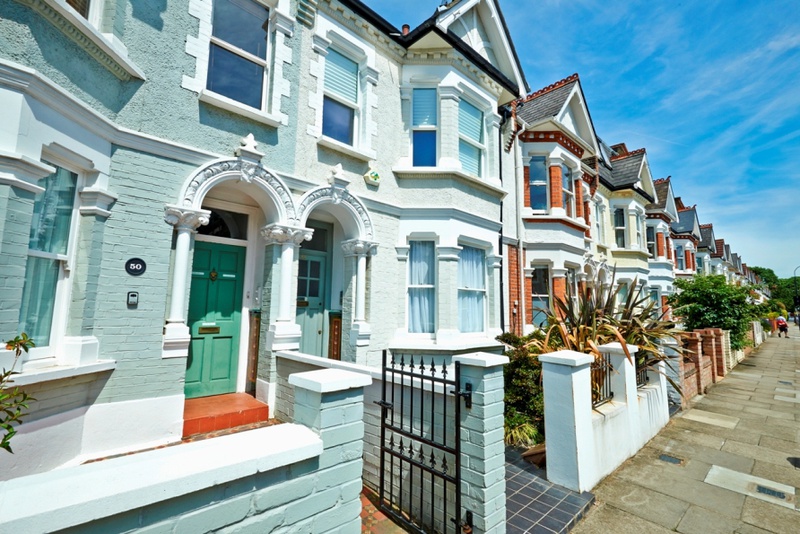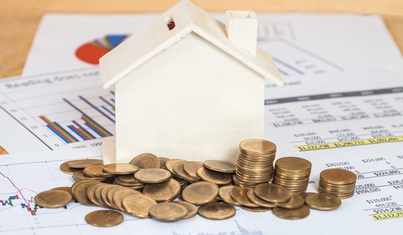The disposal of residential property by a UK tax resident is currently reportable on your Self-Assessment tax return by 31 January following the end of the tax year in which the disposal occurred. Any Capital Gains tax liability is payable by the same deadline.
This means in some cases there is as much as a 22 month delay between the sale of your property and paying the tax.
From April 2020 onwards however, the way in which you disclose your Residential Capital Gains is changing. You will be required to submit a “payment on account return” setting out the details of the disposal, and pay any Capital Gains Tax liability within 30 days of the disposal of the residential property; HM Revenue and Customs will be treating the ‘date of completion’ as the start of your 30 days. These new rules will not only affect individuals, but also Trustees who hold and dispose of residential property.
The disposals that this will affect will predominantly relate to the sale of rental properties. The 30 day payment window will only apply to those who have made a profit on disposal. There will be no change in respect of disposals of residential properties that are not chargeable to Capital Gains Tax ; for example, where the gain is fully covered by principal private residence relief or if you have made a capital loss.
When completing the “payment on account return”, you will be required to estimate your other taxable income for the tax year, in order to assess the relevant Capital Gains Tax rate. The rates are 18% for gains within the basic rate tax band or 28% for gains within the higher rate tax band. You may also be required to estimate any required valuations and apportionments if they cannot be obtained by the due date. The annual tax free allowance and any pre-existing losses can be allocated against the Capital Gain at this stage.
Capital losses on disposals, or investments in companies which qualify for deferral relief such as Enterprise Investment Schemes which take place after the disposal of the residential property, but within the tax year, can be claimed when the end of year Self-Assessment tax return is completed and submitted to HM Revenue and Customs. Alternatively, you can submit a return to claim a loss in the year and claim a refund of tax already paid on account.
It is important to note that the capital gain will still need to be included on your Self-Assessment tax return. Any payments made via the “payment on account return” will be credited against your tax liabilities for the tax year of the disposal by HM Revenue and Customs when your Self-Assessment tax returns are submitted to them.
The significant acceleration in the Capital Gains Tax payment date, and the requirement to submit an additional return will no doubt cause difficulties for numerous taxpayers, not to mention the additional professional accountancy costs, and may further reduce the number of landlords willing to invest in buy-to-let properties. If you have any concerns about how the new rules may affect you, please get in touch with your usual Streets contact or email property@streetsweb.co.uk



